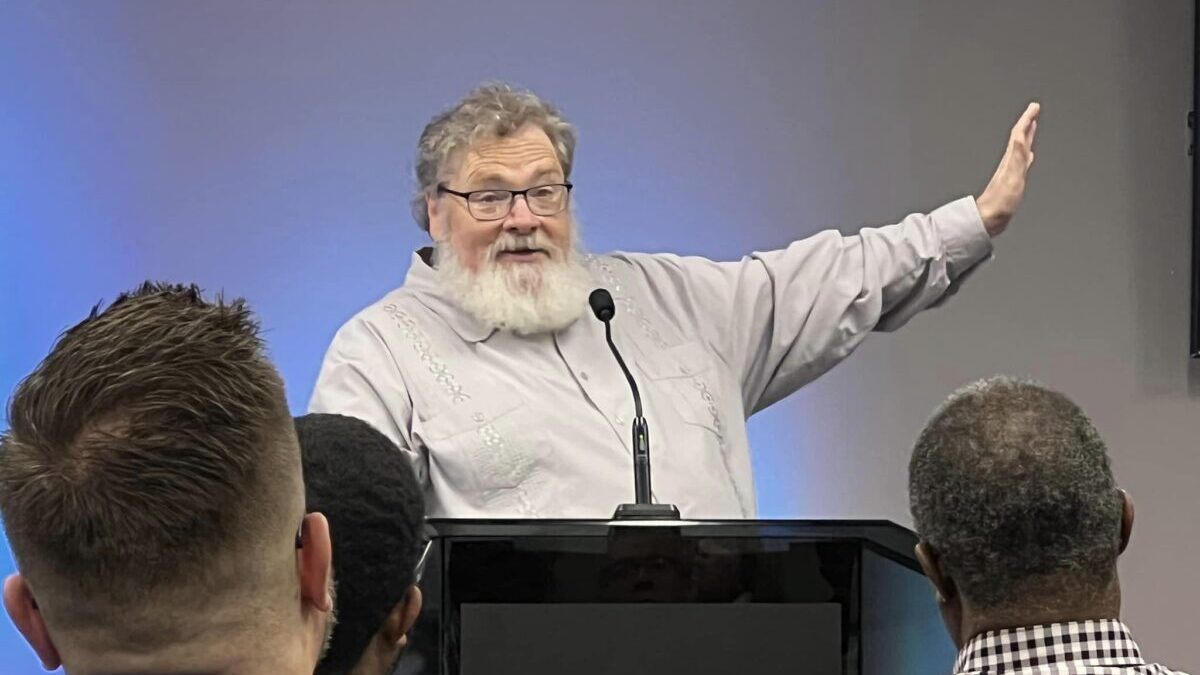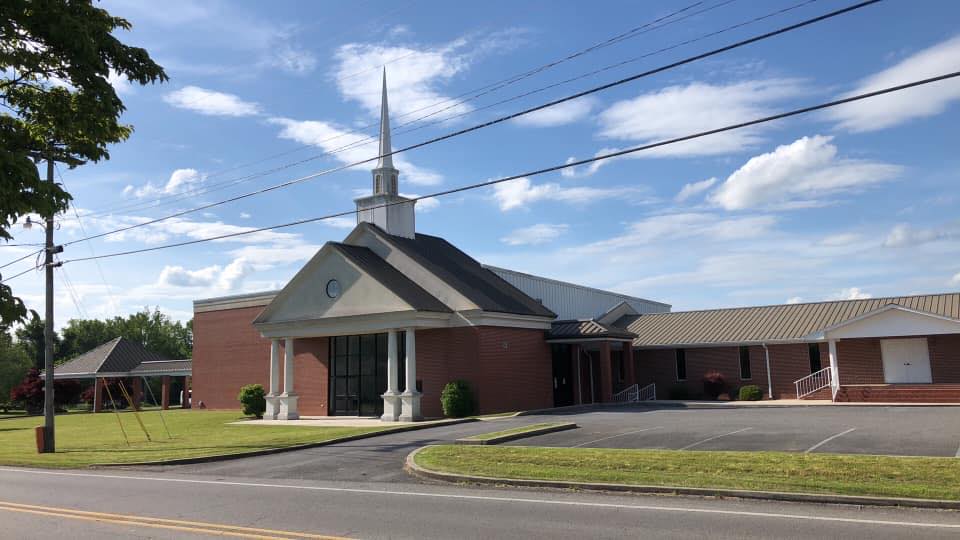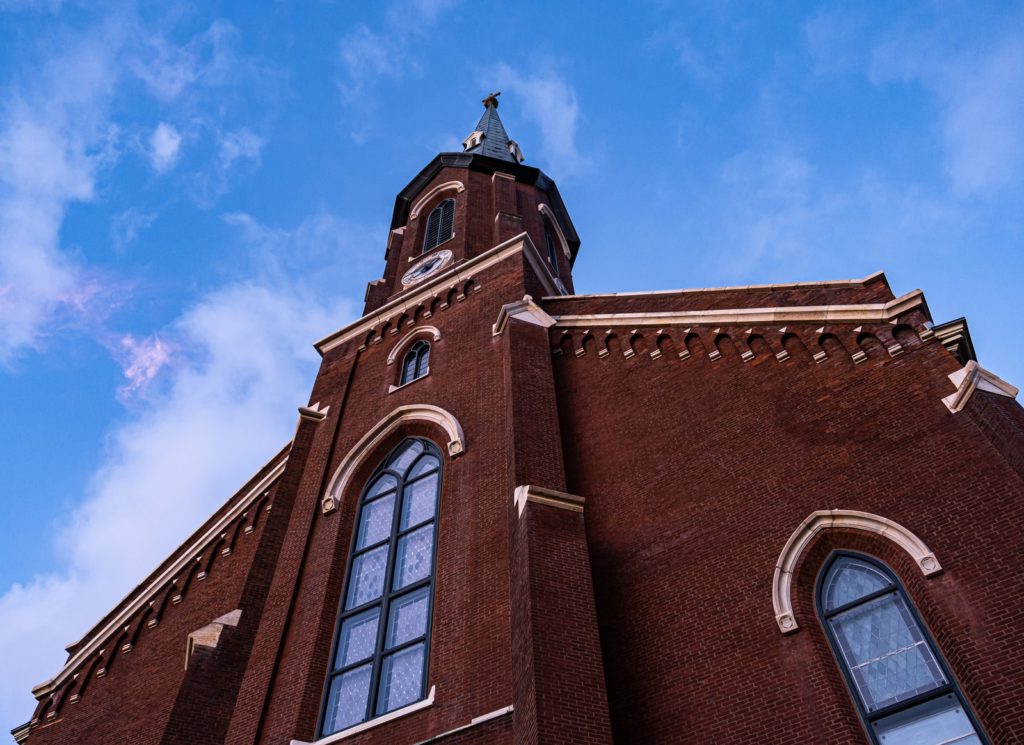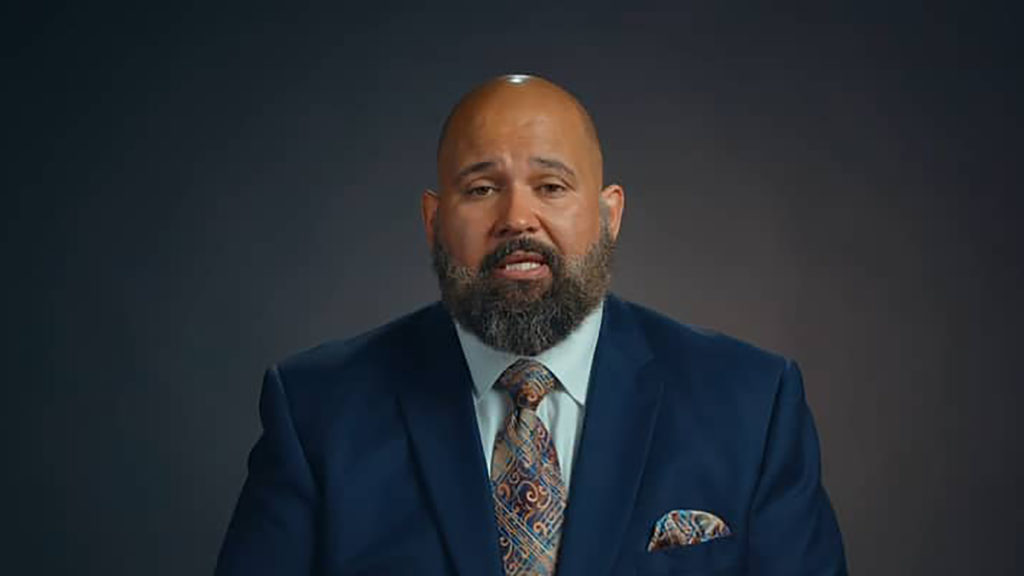Mark Clifton insists that churches under 200 in attendance for Sunday morning worship aren’t small but “normative.”
“The median attendance in North American Protestant churches is 67,” he said. “A Southern Baptist Church with 200 or less on Sunday is in the 90th percentile in our denomination. God has a plan for every church, and every church is called by Him to make a large footprint in its community.”
Clifton, senior director of replanting for North American Mission Board, addressed church leaders at the Birmingham Metro Baptist Association conference center May 11. He spoke at a breakfast earlier in the day to leaders interested in partnering with other congregations in adoption, and then he spoke to pastors and other staff at a lunch meeting about the characteristics of effective replanters and revitalizers.
Clifton said the Southern Baptist Convention is closing about 800 churches each year, and the COVID-19 pandemic probably accelerated this process by five years.
“COVID affected us because many of our members are seniors, and they were more susceptible to the virus,” he said. “But we’ve also discovered that about 30% of our members haven’t returned. Many didn’t feel much of an obligation to their churches to begin with. Not meeting for six months didn’t help, and some probably were planning to leave anyway.”
Clifton noted that some 90% of church closures in the denomination are in neighborhoods that experienced growth in the previous 10 years.
“What frequently happens is that the church doesn’t mirror its community, such as in age or ethnicity or expectations,” he said. “And sometimes we have a bad attitude and suggest ‘they need to become like us.’ I suggest going to McDonald’s three blocks away after worship and observing how your neighborhood looks. This is a good test about how missional we are.”
New purpose
Clifton said there was a time when the denomination overlooked declining churches, but he’s worked for 40 years with the Home Mission Board, which became NAMB, to help declining churches find new purpose.
“A renewed church is a platform to display God’s grace,” he said, “and a lighthouse of hope in its neighborhood. There’s no expiration date for the church.”
Clifton suggested the revitalizing pastor has several characteristics.
“The pastor is a shepherd because he loves the people, not necessarily so he can lead them,” he said. “This means we love and pray for those who oppose us. We live out the fruit of the Holy Spirit.
“But the shepherd doesn’t lead in a circle. He uses the credibility he’s gained through genuine love for the people to help the church catch a vision for renewed ministry.”
The pastor is also a gospel preacher.
“The gospel isn’t the diving board we spring from, but the pool we swim in,” he said. “The gospel means that every day we live with the realization that Christ paid our debt. We know that we can’t earn His salvation or ‘gain points’ by service, but we serve out of a sense of gratitude to Him.”
‘Pastoral grit’
The revitalizing pastor also has “pastoral grit,” he said. “We continue to move forward despite opposition and criticism. There is a place for confrontation, and a pastor must be willing to do this when necessary.
“My friend Mark Hallock says we ‘lean into the awkward,’” Clifton said. “Decline and dissension is the work of the adversary. We’re in intense spiritual warfare, and we need to trust Jesus to guide and equip us for the work ahead.”
The revitalizing pastor also uses his hands to serve, realizing no task is beneath him, he said.
Clifton said many single-staff pastors find themselves operating sound, leading music or doing custodial work.
“We shouldn’t complain about this, but we should demonstrate to others there’s great fulfillment in serving the Lord,” he said. “This is one way we encourage others to join in and help us — when they see our joy.”
Clifton said the revitalizing pastor must also learn to pastor all ages well.
“A special challenge is pastoring the ‘geriatrics’ like me,” he said with a laugh.
“Their first response to change is ‘No! We’ve seen enough change in our lives and we’re not doing this.’ But that’s their first response. Pastors must respect the history of their churches and know the congregations’ stories. We can’t idolize the past, but we can respect it, and we can move forward building on what’s been done in the past.”
‘Tactical patience’
Clifton said the millennials, on the other hand, say, “Let’s do this, and we should’ve done it yesterday!”
“I call it ‘tactical patience’ when we learn the right pace for meaningful change,” he said.
“Pastors must grow in leadership skills. We have resources today that help us learn to do anything, so we mustn’t believe we can’t grow in people and leadership skills. Every pastor can learn to be a better pastor.”
Clifton served as revitalization pastor for Linwood Baptist Church in Linwood, Kansas, for several years, but the church recently named a full-time pastor. Clifton is now transitional pastor for Spring Valley Baptist Church in Raytown, Missouri, and the church is considering an adoption procedure with another congregation.
“I love the local church, and I do my work for NAMB to support myself so I can do what I really love on Sundays!” he said.
Josh Cook is church revitalization specialist for Birmingham Metro Baptist Association. He can be reached at 205-599-3245 or by email at joshc@bmbaonline.org.






Share with others: